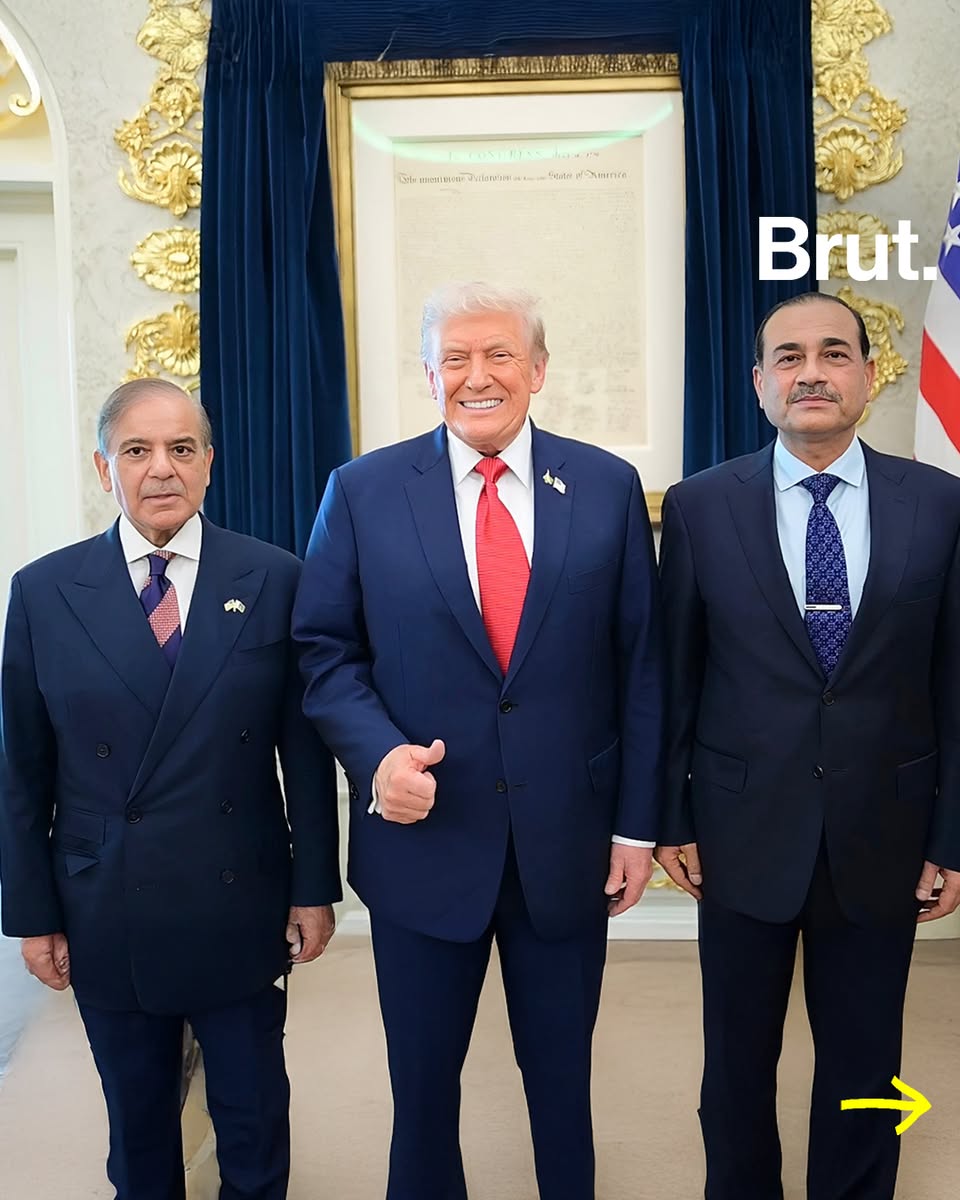
UPDATE: President Donald Trump is making headlines with his unexpected praise for Pakistan‘s military leadership, including Field Marshal Syed Asim Munir Ahmad Shah and Prime Minister Shahbaz Sharif. Just announced, this diplomatic gesture raises eyebrows and questions about underlying strategic motives.
While Trump has publicly criticized several world leaders, his recent commendation of Pakistan may signal a shift in U.S. foreign policy. Analysts are divided over whether this is a tactical move, a personal preference, or part of a broader geopolitical strategy. The reality likely encompasses all these elements.
Trump, known for his transactional diplomacy, has shown admiration for strong leadership. His invitation to Asim Munir for private lunches devoid of civilian representatives marks a significant deviation from established diplomatic protocols. This unusual approach raises questions: What is Trump’s ultimate goal in courting Pakistan’s military elite?
Recent developments indicate that Trump’s administration is actively enhancing military ties with Pakistan. The U.S. has favored Pakistan in military contracts, granting access to crucial military hardware. Moreover, Trump has aligned U.S. political strategies with Pakistan’s security priorities, notably by designating certain separatist groups as terrorist organizations.
Pakistan’s role as a nuclear power is critical for U.S. interests in the region, particularly concerning its neighbors—India, China, Iran, and Afghanistan. U.S. influence in Pakistan serves as a counterbalance to the increasing power of China and Russia within the region.
In a recent article, analyst S Haidar Mehdi questions the timing of Asim Munir‘s visit to Washington amid tensions involving Iran and Israel. Mehdi argues this visit was part of a “strategic deception” campaign orchestrated by Trump, aimed at undermining Iranian stability.
“The objective was twofold: assess Pakistan’s strategic position vis-à-vis Iran and secure a non-engagement guarantee from Pakistan’s military leadership,” Mehdi states.
This alleged deception may have been designed to enable a surprise attack on Iran by Israeli forces, further complicating the geopolitical landscape. However, this strategy has seemingly backfired, resulting in a more unified Iran.
Trump’s recent comments about reclaiming the Bagram airbase from the Taliban have heightened tensions. “We want that base back, and if they don’t do it, you’re going to find out what I’m gonna do,” he stated. Is Trump positioning Pakistan to intervene against the Taliban? The implications of such a move could be dire, potentially igniting a new conflict in the region.
In light of recent Pakistani airstrikes in Afghanistan, tensions are mounting. Pakistani officials have criticized the Taliban government as unrepresentative, leading to speculation about potential military engagement. This situation presents a unique opportunity for India to support Afghan resistance against Pakistan.
Furthermore, Trump’s praise for Pakistan underscores a potential partnership that could serve U.S. military interests in the Middle East and South Asia. The U.S. is reportedly interested in developing a new seaport at Pasni, which could threaten Chinese shipping routes linked to the Belt and Road Initiative.
Trump’s administration is also seeking to engage with Pakistan on critical natural resources, including rare earth materials. These resources are vital for U.S. efforts to secure supply chains beyond China’s reach, particularly as global competition intensifies.
As world leaders convene at the Sharm El-Sheikh summit, Trump continues to laud Pakistan’s military leadership, further intertwining U.S. interests with those of Pakistan. This relationship raises questions about the future of U.S. involvement in the region and the balance of power.
Pakistan’s military leadership may play along with Trump’s overtures, but their primary focus remains on national interests. As the situation develops, all eyes will be on how these geopolitical dynamics unfold, potentially reshaping the landscape of South Asian and Middle Eastern politics.
Stay tuned for more updates on this developing story as it impacts global relations and regional stability.






